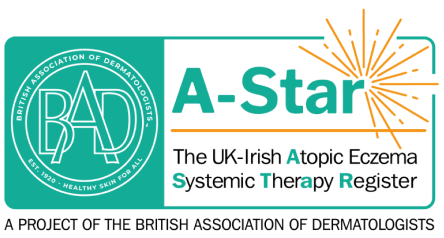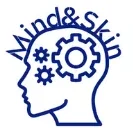
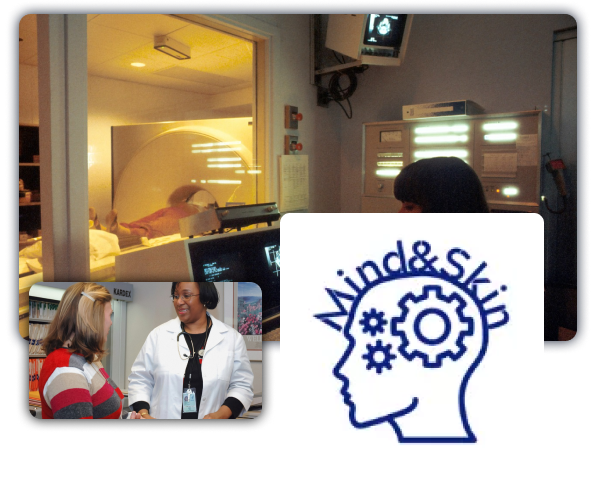
Overview
Atopic dermatitis (AD) is a common childhood disease characterised by dry itchy skin. Many patients with AD also have sleep disturbance. Poor quality sleep affects memory, concentration and mood. Other studies have shown poor quality sleep has been associated with poorer educational outcomes. Patients who have AD and sleep disturbance, have a 40-50% higher chance of having ADHD than those without AD. However we do not fully understand why this is. The Mind and Skin project aims to investigate the impact inflammation and itching caused by atopic AD has on sleep disturbance and how this affects the brain.
We hypothesise that the cutaneous inflammation in AD, associated with itching and scratching and amplified by sleep disturbance and circadian rhythm disruption, leads to systemic inflammation as well as ii) cognitive, structural and functional brain impairment, as well as indirectly measurable brain inflammation, iii) which normalise when the skin inflammation and sleep improve as a result of treatment, and iv) that the above associations are correlated to AD severity and degree of sleep disruption.
About the study design
This study is non-commercial and is funded by two grants (Wellcome Trust King’s Together Award and Medical Research Foundation Programme grant). This study is the first to focus on the intersection between childhood eczema, brain imaging, sleep medicine and mental health, with the aim to better understand the relationship between eczema, sleep quality and the brain.
- Patients aged 12-18 with moderate to severe AD, warranting systemic immuno-modulatory therapies.
- Patients aged 12-18 with mild to moderate eczema, who predominantly use topical therapies to manage their eczema.
- Patients aged 12-18 without AD (healthy controls)
All participants will undergo a variety of baseline assessments. We propose that the therapies given to reduce inflammation will not only improve the patient’s eczema but also their sleep and circadian rhythm, subsequently influencing brain function. We will assess these potential improvements by repeat all baseline assessments 4-6 months post treatment in our group 1 participants.
Secondary goals include comparing brain images and cognitive processing across all groups using existing data from other studies on neuro-cognitive disorders. We will also explore how AD affects sleep and quality of life through surveys and interviews, particularly focusing on family dynamics and the impact on caregivers and siblings.
Study groups
Group 1
Patients warranting systemic immuno-modulatory therapy.
Group 2
Patients on topical treatments’
Group 3
Patients without AD (healthy controls)
How eczema affects sleep and mental health in children – Professor Carsten Flohr
Eczema is an inflammatory skin disease affecting 20 per cent of children and eight per cent of adults. It is strongly linked to severe impacts on quality of life, as well as psychological and psychiatric illness such as anxiety, depression and attention-deficit hyperactivity disorder (ADHD). Professor Flohr will study patients aged 12-18 from the Paediatrics Severe Eczema Clinic at St Thomas’ Hospital and King’s College London, comparing adolescents with eczema to healthy adolescents, and to children and young people with ADHD.
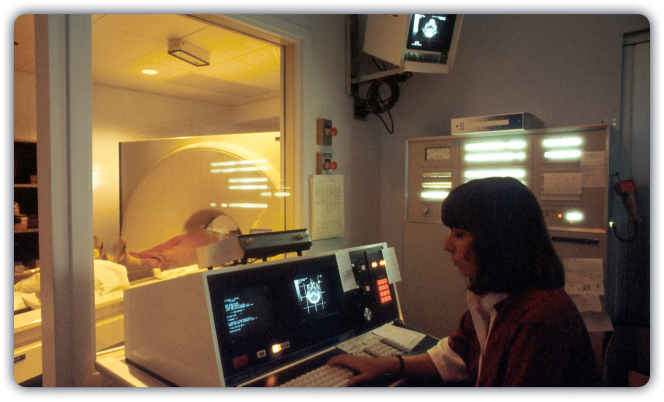
Primary objective
To analyse the cutaneous and systemic inflammatory profiles, sleep disturbance and circadian rhythm patterns, cognitive functioning and neuroimaging in those with severe AD compared to those with milder AD and healthy controls.

Secondary objective
Comparing cognitive and brain function abnormalities between AD, ADHD, and healthy controls.
Study methods

Activigraphy
A small device worn on the wrist which tracks sleep and wake times over several day.

Cognitive assessments
Computer-based tasks which evaluate intention, inhibition, response consistency, attention diversity and reaction time discrimination.

Dream Headband
A novel patented device measuring brain activity, heart rate and movement with the precision of sleep lab.

Emfit Mattress Monitor
Using patented sensor technology, this sits under the mattress to detect any abnormal movements during sleep.
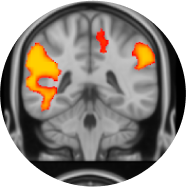
Functional MRI (fMRI) of the brain
An fMRI scan measures the small changes in blood flow that occur with brain activity during motor or cognitive activities and during rest
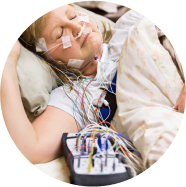
Polysomnography
Also known as a sleep study, this records brain waves, the oxygen level in the blood and heart rate and breathing during sleep. It also measures eye and leg movements.

Skin tape stripping
A simple non invasive method to gather stratum corneum (SC) samples.
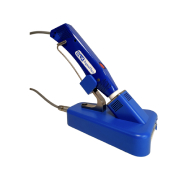
Transepidermal Water Loss (TEWL)
A research tool that allows for the objective and non-invasive measurement of a specific aspect of skin barrier function in dermatological studies.



